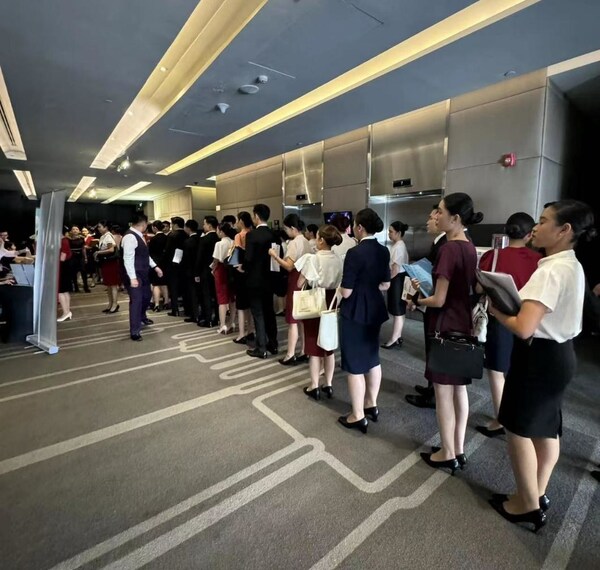Unionized machinists at Boeing voted Monday to accept a contract offer and end their strike after more than seven weeks, clearing the way for the aerospace giant to resume production of its bestselling airliner and generate much-needed cash. Leaders of the International Association of Machinists and Aerospace Workers district in Seattle said 59% of members who cast ballots agreed to approve the company’s fourth formal offer and the third put to a vote. The deal includes pay raises of 38% over four years, and ratification and productivity bonuses.
The contract’s ratification on the eve of Election Day cleared the way for a major U.S. manufacturer and government contractor to restart Pacific Northwest assembly lines that the walkout idled for 53 days. Bank of America analysts estimated last month that Boeing was losing about $50 million a day during the now-ended strike, which did not affect a nonunion plant in South Carolina where the company makes 787s.
Boeing CEO Kelly Ortberg said in a message to employees that he was pleased to have reached an agreement. “While the past few months have been difficult for all of us, we are all part of the same team,” Ortberg said. “We will only move forward by listening and working together. There is much work ahead to return to the excellence that made Boeing an iconic company.”
According to the union, the 33,000 workers it represents can return to work as soon as Wednesday or as late as Nov. 12. Ortberg has said it might take “a couple of weeks” to resume production in part because some workers might need retraining. The average annual pay of Boeing machinists is currently $75,608 and eventually will rise to $119,309 under the new contract, according to the company. The union said the compounded value of the promised pay raise would amount to an increase of more than 43% over the life of the agreement.
The strike began September 13 with an overwhelming 94.6% rejection of the company’s offer to raise pay by 25% over four years — far less than the union’s original demand for 40% wage increases over three years. Machinists voted down another offer — 35% raises over four years, and still no revival of pensions — on Oct. 23, the same day that Boeing reported a third-quarter loss of more than $6 billion. The contract rejections reflected bitterness that built up after union concessions and small pay increases over the past decade. The labor standoff — the first strike by Boeing machinists since an eight-week walkout in 2008 — was the latest setback in a volatile year for the aerospace giant. The 2008 strike lasted eight weeks and cost the company about $100 million daily in deferred revenue. A 1995 strike lasted 10 weeks.




















